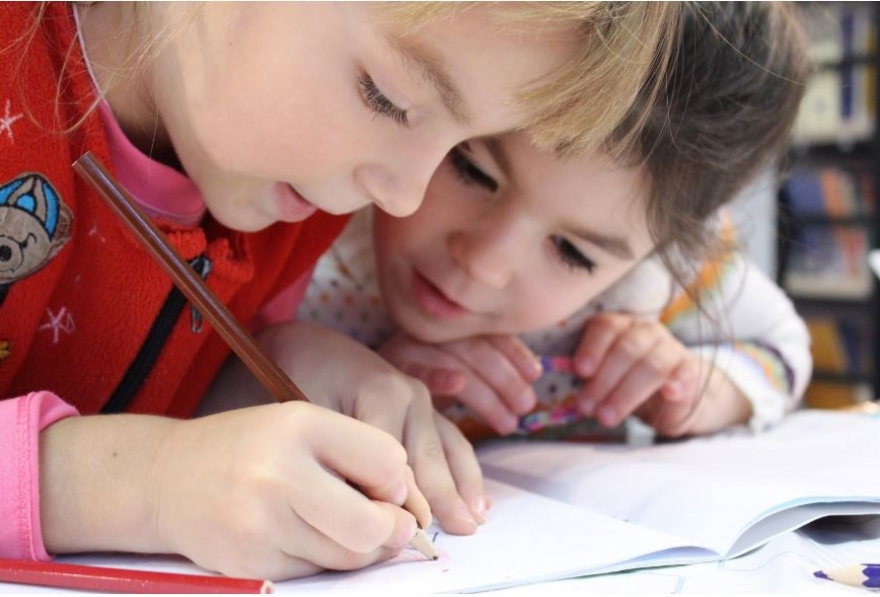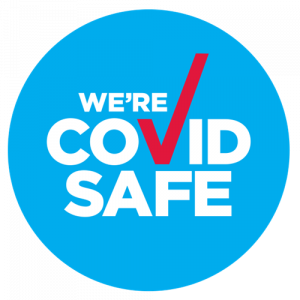The basic purpose of communication is to interact with others and therefore it is no surprise that we are constantly using social skills. Some children and adults have difficulty developing social skills in a typical way and this can cause varying challenges when interacting with others. The individual may be aware or unaware of their challenges. This can affect all areas of life including school, home, work, leisure activities and relationships.
A social communication difficulty may mean the person seems awkward in their interactions, doesn’t seem interested in others, frequently breaks social rules, or doesn’t understand what relationships are and how they are formed.
A few areas people with social communication difficulties may struggle with are:
- Engaging with other people
- Using turn taking in play or conversation
- Playing or participating with others
- Using and/or understanding body language and facial expression
- Beginning and ending a conversation
- Keeping a conversation going
- Changing how they talk to match a certain situation and/or person
- Understanding how to predict other people’s thoughts, feelings and motivations
- Understanding figurative language
- Following social rules
What causes social communication difficulties and who can diagnose it?
Most commonly social communication difficulties are associated with Autism Spectrum Disorder (ASD) as it effects a person’s ability to interact with the world around them.
There are many other reasons someone may experience social communication difficulties including intellectual delay, Attention Deficit Hyperactivity Disorder (ADHD), developmental delay, brain injury, anxiety or mental health conditions and some people may experience a social communication disorder without a known underlying cause.
A speech pathologist can use a series of formal and informal assessments to identify if a social communication difficulty is present and to what extent. A psychologist will typically diagnose conditions such as Autism Spectrum Disorder. Other people involved in the care and treatment can include an Occupational Therapist, doctor and psychiatrist.
How can a speech pathologist help?
Speech pathologists are experts in all areas of communication, and this includes social skills. Your therapist is trained in social development norms, disordered social development, a range and therapy and methods to monitor progress.
The first step for improving social skills is attending a detailed assessment session where your therapist will identify what specific areas of social functioning are affected. This is then used to tailor therapy to the individual’s needs, learning style and personal goals. The chosen activities to facilitate learning will depend on the age, skill level, and preference of the individual and their families.
Examples of methods used to improve social skills are social stories, social scripts, role play, technology-based instruction, direct teaching, problem solving scenarios, spotlighting during interactions, practice in play and parent training. Therapies are aimed to be interesting, engaging and encourage the client to discover new skills that will help them with their daily needs.
How do I book in for social therapy?
You do not need a referral or diagnosis to start therapy for social skills. As therapy is personalised to the individual’s presentation it is not necessary to have a formal diagnosis before attending. Your therapist will discuss with you if they feel a diagnosis would assist the therapy process.
You can phone our clinic on (02) 4953 6128 to speak directly with one of our therapists regarding your concerns. All our therapists are trained and experienced in implementing therapy targeting social skills.





